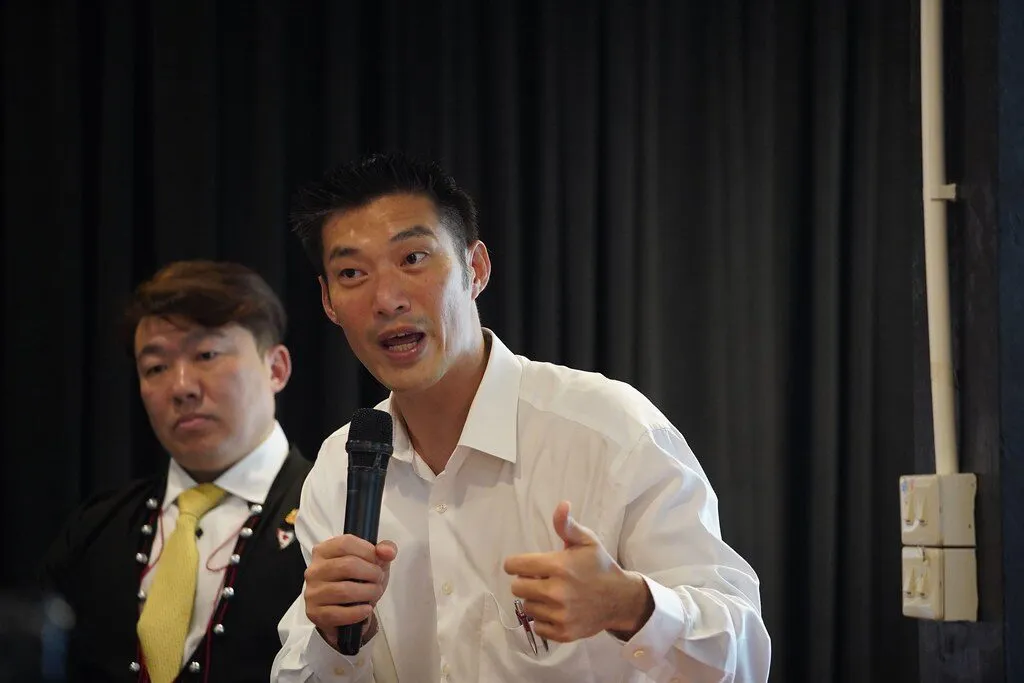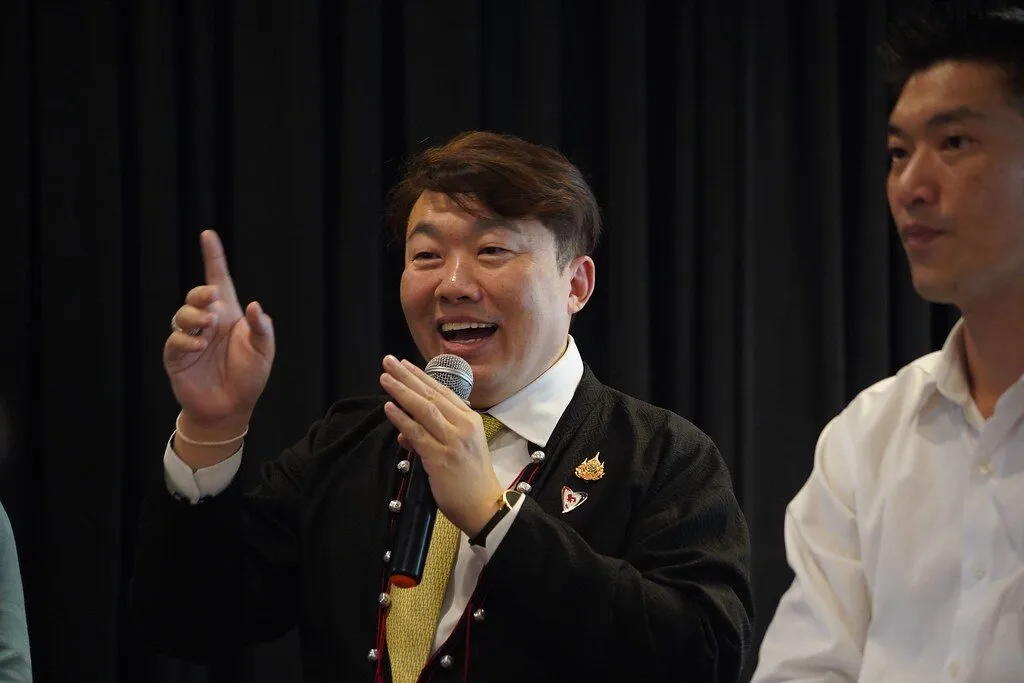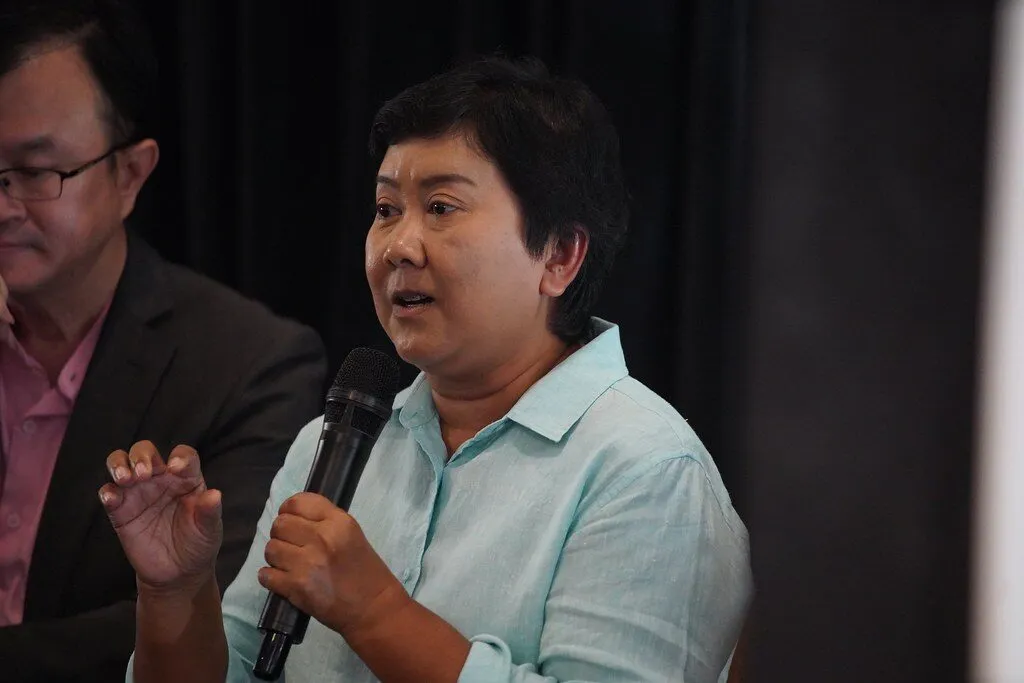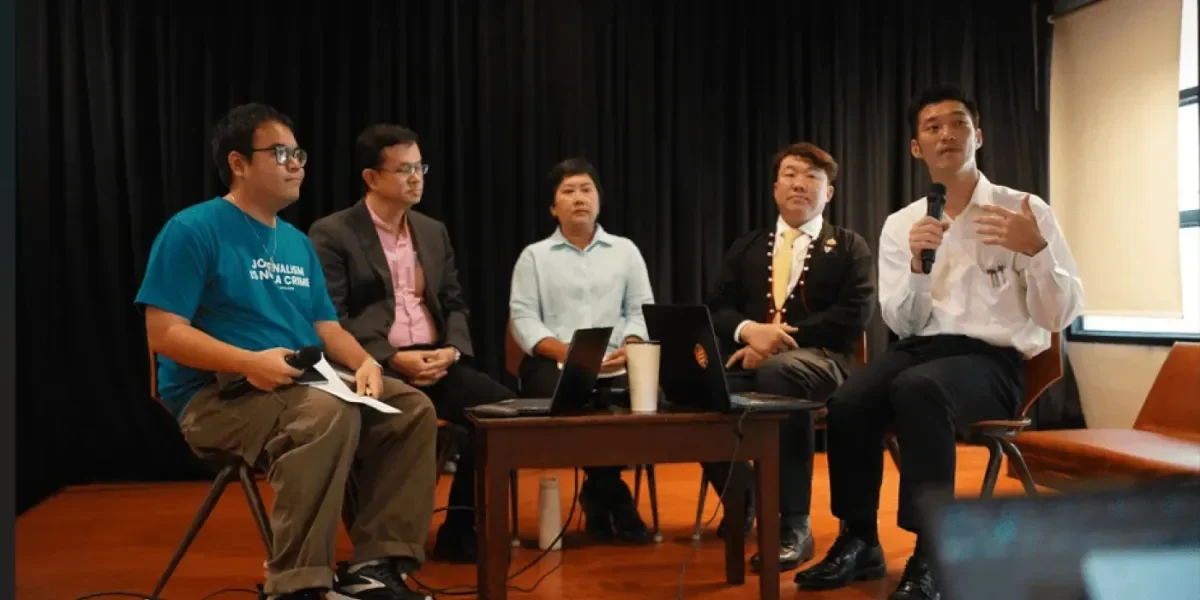Local autonomy: Over four decades, efforts to decentralize power to local authorities in Thailand have faced significant challenges, with progress often hindered by stumbling blocks. Despite some advances, repeated political conflict has consistently held back progress, making the dream of true decentralisation elusive.
At a panel discussion on “Steps Forward and Backward: Decentralisation to Local Authorities,” key figures, including Siripong Angkasakulkiat of the Bhumjaithai Party, leader of Progressive Movement Thanathorn Juangroongruangkit, Supaporn Malailoy from the EnLaw foundation, and Weerasak Krueathep of Chulalongkorn University’s Faculty of Political Science, discussed the stumbling blocks and explored effective approaches to the decentralisation of power to local authorities.
The panel discussion is part of a series of seminars organised by Prachatai to celebrate its 20th anniversary.
Four decades of progress with setbacks
While admitting that a constitutional amendment could foster decentralisation, Weerasak Krueathep noted that the problem is so deeply rooted that changes to the Constitution alone cannot address it. This is because of numerous organic laws and state bodies involved the problem.

In the academic’s view, decentralization in Thailand is a series of advances and setbacks over four decades. After the 1991 coup, awareness of decentralization was introduced, with a growing demand for elected provincial governors.
The period from 1997-2002 was considered “the golden age of decentralization.” However, after the 2006 coup, the process regressed as a result of political upheaval, and again, after the 2014 coup, the entire process was halted since the military government was intent on tightening political control. At the time, several laws and regulations were amended aimed at weakening local authorities.
Weerasak stated that in the latest decade, several measures have been implemented that hinder local development, such as delaying local elections or portraying local politicians as corrupt, making it seem more convincing that people are not ready for decentralisation. In addition, mechanisms are created to favour those who show loyalty, while those who do not comply with the government face increased scrutiny.
New laws are needed

Thanathorn Juangroongruangkit advocated the removal of some Interior Ministry regulations that slow local operations. He cited specifically a regulation that requires Chief Executives of Subdistrict Administrative Organizations to seek permission from provincial governors to attend seminars in other provinces.
He also called for the election of provincial governors, arguing that appointed governors, who rotate between provinces, have less incentive to focus on local well-being. Thanathorn noted that appointed governors are usually not local and when their terms end, they are transferred to another province by order.
The leader of the Progressive Movement said too much power and budget are concentrated at the central government level, making it difficult for local authorities to initiate new projects or even maintain basic infrastructure in their areas, because they are required to ask for permission and signatures from several state bodies. Otherwise, the projects would not be passed.
He remarked that this burden should ideally be left to local authorities, while the only thing the government should focus on is how to steer the country forward.
Financial decentralization as a quick win
Siripong Angkasakulkiat stated that the first step in decentralization is to enact new laws while simultaneously amending the existing regulations that create obstacles.

The Bhumjaithai Party also proposes financial decentralisation. Normally, budgets are allocated to local authorities by the government, but Siripong said the party believes that fiscal decentralization will be a quick win in enabling local areas to develop more rapidly. The party, therefore, proposed a new type of tax called the “hometown tax.”
The hometown tax will be collected from businesses that operate in local areas. Siripong said the underlying concept is derived from the idea that when business owners utilise local resources, they must contribute to the development of their area.
Autonomy over resource management

Apart from politics, Supaporn Malailoy noted that local people should have the power to manage their natural resources. Currently, the central government holds decision-making authority to allow capitalist groups to invest and exploit resources.
Several times it leaves locals without the full benefit from natural resources in their birthplace. She pointed to projects like the Eastern Economic Corridor (EEC), a large-scale development project that significantly contributes to the country’s GDP and consumes a large amount of water and land. However, local people still struggle with access to basic rights like clean water. This happens across the country in areas with industrial factories or mines.
Supaporn reiterated that local people do not reject development, rather it must align with local needs and respect the dignity and rights of the people in the area. She noted that the local people should play a key role in urban planning as the decisions shape the direction in which the area will develop. Most of all, she highlighted the need for constitutional amendments as a critical step toward true decentralisation.


